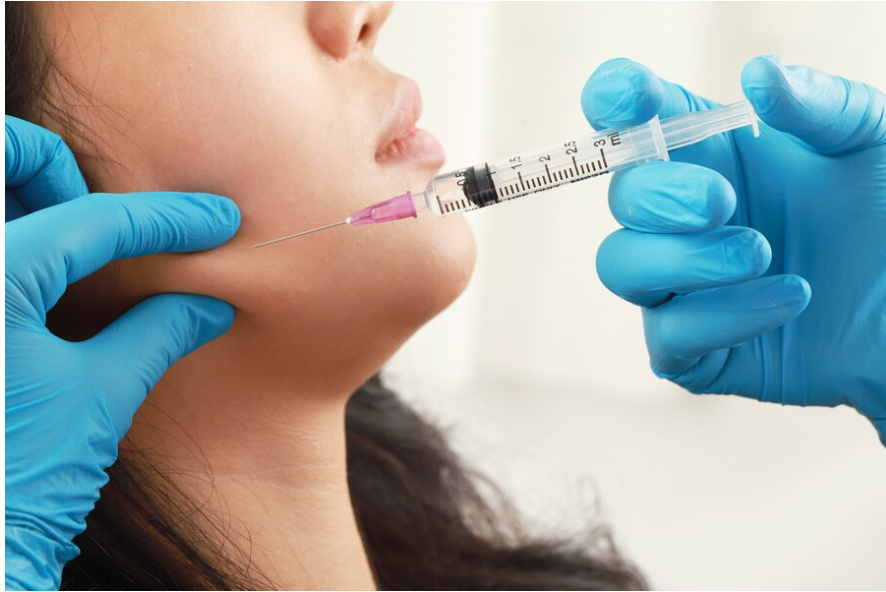Jaw Botox Injection: What You Need to Know
Botox, a brand name for botulinum toxin, has been used for cosmetic purposes for many years. It has been found to be effective in reducing the appearance of fine lines and wrinkles on the face. However, in recent years, Botox has also been used for non-cosmetic purposes, including for treating medical conditions such as migraines, excessive sweating, and even jaw clenching and teeth grinding. In this article, we will focus on the use of Botox for jaw clenching and teeth grinding, also known as bruxism.
What is Bruxism?
Bruxism is a condition in which an individual involuntarily grinds or clenches their teeth, usually during sleep. This condition can cause a number of problems, including tooth damage, headaches, and jaw pain. The causes of bruxism are not fully understood, but stress, anxiety, and misaligned teeth are often contributing factors.
How Does Botox Work for Bruxism?
Botox works by blocking the nerve signals that cause muscle contractions. When injected into the jaw muscles, Botox can help reduce the intensity and frequency of jaw clenching and teeth grinding. The jaw botox injection works to relax the muscles responsible for these actions, leading to a decrease in the symptoms of bruxism.

What to Expect During the Procedure
The procedure for jaw Botox injection is relatively quick and simple. The healthcare professional will first examine the patient’s jaw muscles and determine the appropriate dosage and injection sites. The injection is then administered directly into the jaw muscles using a fine needle. The patient may experience some slight discomfort during the injection, but this is typically brief and mild. The entire procedure usually takes less than 30 minutes.
After the Procedure
After the procedure, patients can resume normal activities immediately. However, it is recommended that they avoid strenuous exercise and avoid rubbing the injection site for the first 24 hours to prevent the Botox from spreading to unintended areas. It is also recommended that patients avoid consuming alcohol for 24 hours following the injection.
Results and Duration
The results of the jaw Botox injection usually become noticeable within a few days and can last for several months. The exact duration of the results can vary from person to person and depends on factors such as the dosage, injection technique, and individual muscle response. Most patients require multiple injections over time to maintain the desired results.

Possible Side Effects
As with any medical procedure, there are potential side effects associated with jaw Botox injection. The most common side effects include bruising, swelling, and mild pain at the injection site. In rare cases, patients may experience more serious side effects such as difficulty swallowing or breathing, muscle weakness, or drooping eyelids. It is important to discuss any concerns or potential side effects with your healthcare provider before undergoing the procedure.
Conclusion
Jaw Botox injection is a safe and effective treatment option for individuals suffering from bruxism. The injection works to relax the muscles responsible for jaw clenching and teeth grinding, leading to a decrease in the symptoms of this condition. While there are potential side effects associated with the procedure, most patients experience only mild discomfort or temporary swelling at the injection site. As with any medical procedure, it is important to discuss the risks and benefits with your healthcare provider to determine if a jaw Botox injection is right for you.